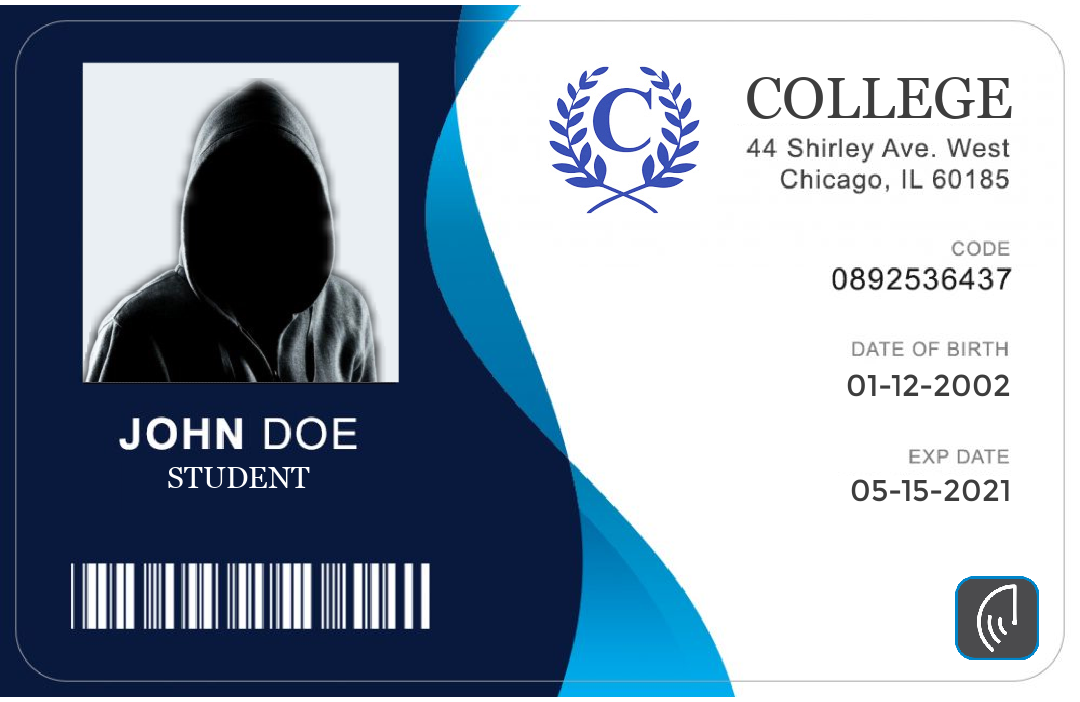With colleges and universities beginning the new school year, online students are targeted in ID Theft and Fraud schemes! Online Fraud Schemes that we did not have to worry about when I was in school. I had the time of my life and made many lifetime friends when I attended the University of Dayton! Student life was simple, no laptops, no smartphones, no social media, socializing at the library, and the music was fantastic.
But what is happening now?
 Now more than ever, Laptops, Smartphones, Social Media, and advanced schemes have increased the risk for students. Risks that now are more prevalent due to the majority of students studying online remotely, due to the COVID-19 pandemic, creating higher risk. And this May 27, 2020, Federal Trade Commission (FTC) article titled COVID-19 scams targeting college students confirms it.
Now more than ever, Laptops, Smartphones, Social Media, and advanced schemes have increased the risk for students. Risks that now are more prevalent due to the majority of students studying online remotely, due to the COVID-19 pandemic, creating higher risk. And this May 27, 2020, Federal Trade Commission (FTC) article titled COVID-19 scams targeting college students confirms it.
With a significant increase in phony LinkedIn, Facebook, and other social media friend requests placing many students at risk – as this August 12, 2020 article titled COVID-19 is shattering cyberattack records highlights – the daily inundation of misinformation has given cybercriminals an endless resource of information to implement their attacks.
But college students are not the only targets
K-12 districts across the U.S. have become targets based on this July 1, 2020, article titled US schools leaked 24.5 million records in 1,327 data breaches since 2005.
California had the most educational data breaches accounting for 157 of the 1,328 breaches (11.8 percent).
The worst-hit states include:
- New York with 89
- Texas with 79
- Illinois and Ohio each with 60
- Florida with 58
Overall, Colleges account for 74% of education data breaches.
Please see this July 14, 2020 article titled FBI warning-cybercrimes are up and school districts could be the target, for more information.
What students and parents to do mitigate risk?
Students and Parents can mitigate exposure to cyber scams and identity theft in the following ways.
- The COVID-19 pandemic has new email phishing attacks that try to trick parents working and students studying remotely into giving away credentials for access to their employers’ and college/university networks. You need to stay vigilant and be careful with every email.
- A new voice phishing scam uses a combination of one-on-one phone calls and custom phishing sites to steal VPN credentials from again – both parents and students.
- Limit what you share online, use, and regularly change strong passwords on devices.
- Know your rights. “Student rights” under the Federal Educational Rights and Privacy Act (FERPA) protects the privacy of student records.
Online students are being targeted by ID theft criminals now more than ever. As these criminals continue to use student information to obtain employment, rent an apartment, open a utility, cell phone, bank account, or to access government benefits be ever aware of new and emerging scams.
by Mark Pribish
VP and ID Theft Practice Leader
Related COVID-19 Fraud articles:
Fraud in the Midst of COVID-19
Telehealth Creates Cyber Risks
Coronavirus Fear and Anxiety Drives Phishing Scams
